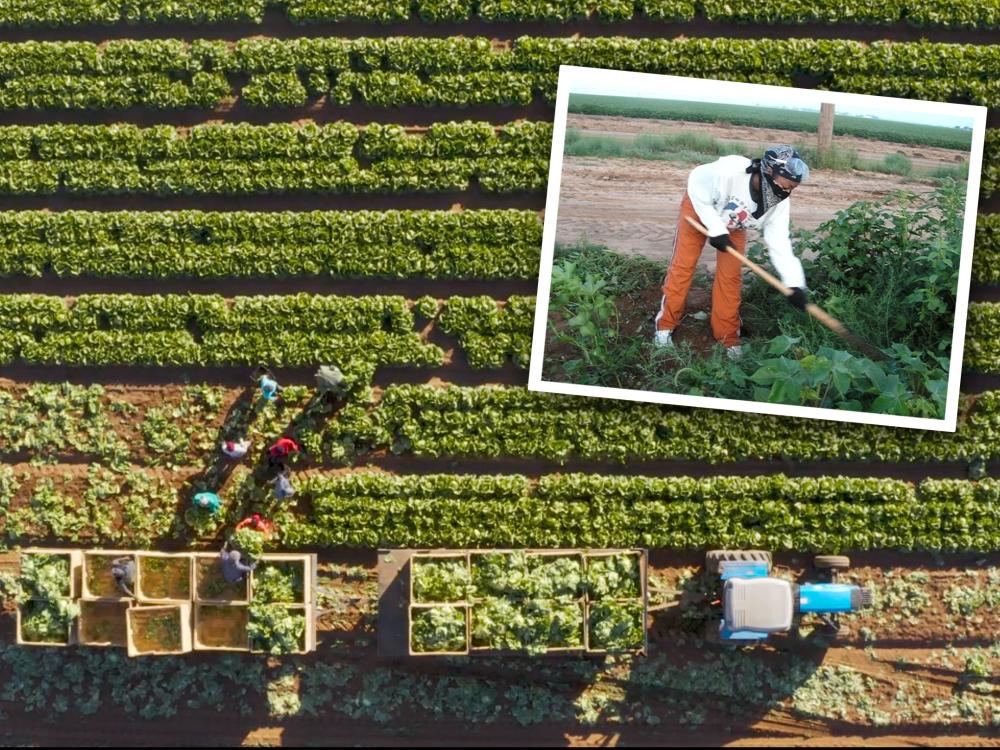
An estimated 73% of farmworkers in the United States were born outside the country, and nearly half have no legal immigration status, according to the United States Department of Agriculture. Amy Snipes, associate professor of biobehavioral health and SSRI cofunded faculty member, has spent years doing research as a participant-observer farmworker, taking on the labor of the fields firsthand. She has been thinking about, working with, and working for farmworkers since she visited a farm in graduate school.
“A clear hierarchy based on farmworker’s immigration status, English language skills, and indigeneity was immediately visible,” said Snipes. “For example, the darkest-skinned workers — mostly Indigenous people — performed the most dangerous work, picking up the berries that were left behind by the harvesting machine. I saw hazardous work being distributed in ways that were unjust. I wanted to know more, and I wanted to do something once I began to understand the dynamics at play.”
Read about Snipes’s efforts to improve the health and well-being of migrant farmworkers in the United States by protecting them from pesticide exposure.
According to the World Health Organization, approximately one-quarter of all deaths can be linked to an environmental contributing cause. More and more researchers in Penn State's College of Health and Human Development are studying the ways that environments can affect health and well-being. Read about their discoveries in the latest edition of the college's interactive Discovery magazine.